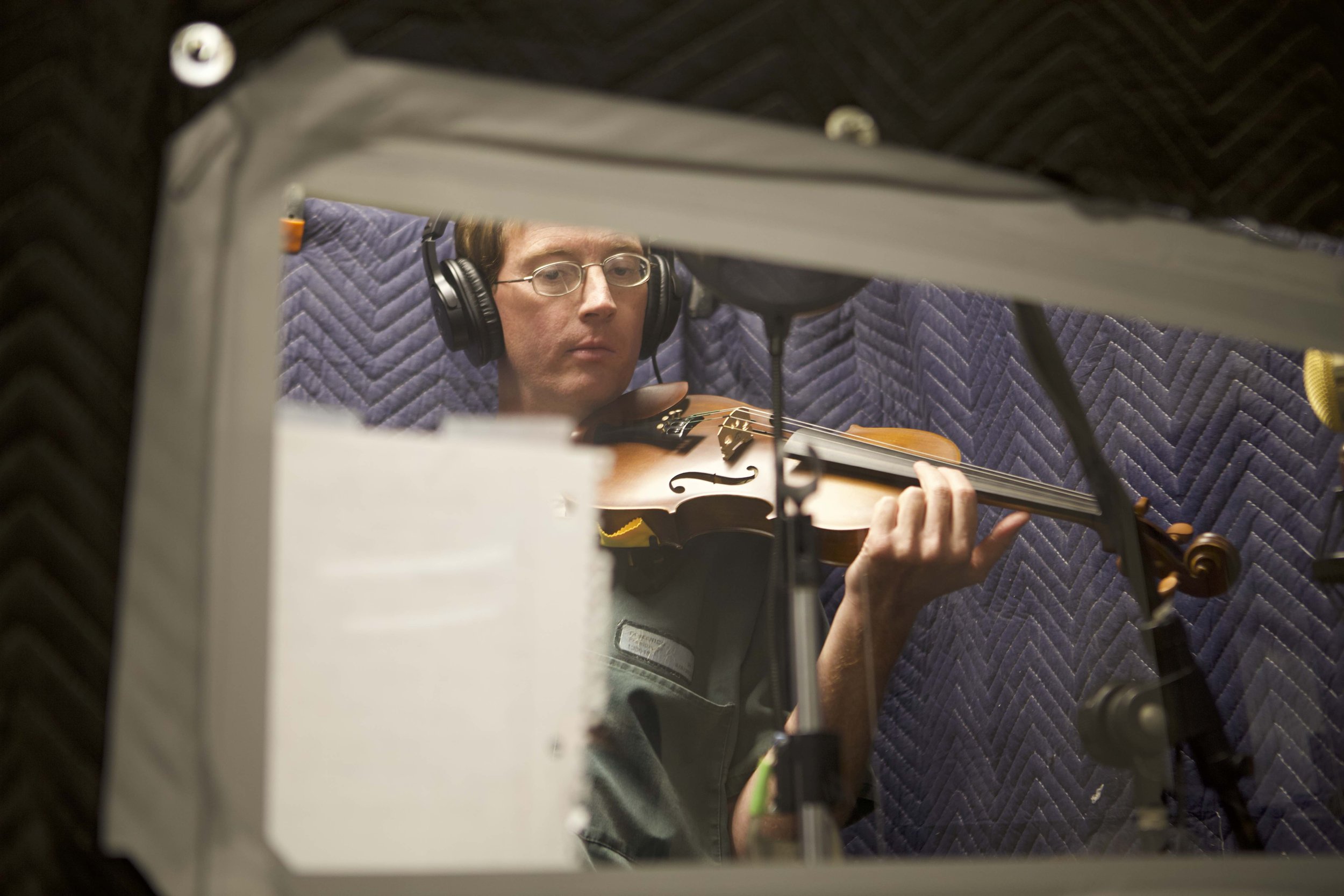Frankie Domenico on 5 Years Since Recording Territorial
To commemorate the five year anniversary of the recording of Territorial's groundbreaking album TLAXIHUIQUI, I sat down with Territorial violinist Frankie Domenico, the only band member who is now free. We discussed his involvement on the project, LGBTQ rights, and the stigma of sex offenses. It was an interesting and enlightening conversation for me. I hope you enjoy it.
BL: Hey Frankie! Thank you for giving me the opportunity to interview you as part of our five year commemoration of recording the Territorial “TLAXIHUIQUI” album. Can you introduce yourself to the supporters?
Frankie: Hey BL! My name is Frankie. I was born and raised in Colorado. I've spent my entire life here. Most of my family is here also. I went to prison in 2004 for sex assault on a child. I’m a classical violinist and I got involved with the Die Jim Crow program through an inmate at Territorial [prison] Fury was in contact with named Michael Tenneson. He knew that I was a violinist and at Territorial they happen to have a violin in the program. So I was practicing a bit there. The project really coincided with a moment in my life when I was really looking for my value and looking to reflect what I value. Being a gay man growing up in the 80s and 90s, I really saw and was affected by inequality in terms of social norms and I was weighed down by societal expectations. So yeah, when Mike asked me to be a part I saw this as a way to have my life be part of my art, have my values be part of my life.
BL: That's deep because that's similar to my experience also, in terms of participating due to an inventory taken on my life. What songs did you play on? Also, can you talk a little bit about your value at the time and where your mind was?
Frankie: Actually, I recorded a few different things. Most of it's not on the album. I'm featured very, very minimally in the actual final product. I’m on “‘8788.” I've listened to parts of the album. It's been a while since I've heard any of it. I really felt a lot of pressure to stay closeted and the expectations that I'm gonna grow up and have a wife and have kids just really didn't fit with who I was. My upbringing was so isolated. Society and my family were very much against me, or didn't want me to be a certain way. Which was the inception for tons of self hatred.
BL: And what do you think about the strides that the LGBTQ movement has made since then?
Frankie: It's been absolutely incredible. I remember when the Supreme Court ruled in favor of gay marriage. I honestly never thought that I would see that in my lifetime. It was really an absolutely wonderful moment. I'm going to Metropolitan State University of Denver right now studying biology and just the openness and the freedom that we have within the LGBTQ community now is completely different than it was when I was growing up.
BL: Yeah, I agree. There's been great strides. There are some things that I'm not for in policy, like youth transitioning. As a parent, I would like to have the final say if they're under 18. I mean, once they're 18 they can do whatever and transitioning socially is fine, but medically… I’m not sure if I support that.
Frankie: Yes, I think a lot of minors are not able to understand the risks and the permanent adjustments that they're making. Especially during the time where your hormones are completely out of alignment. Some very major decisions to make, and I think people under 18 are not mentally equipped to make those kinds of decisions.
I wonder if the LGBTQ community is just socially acceptable now. So people just aren't saying anything and maybe five years from now people's real thoughts will start being expressed. A while after Trump was elected, I thought about how our country has progressed and how open minded and accepting we were in terms of racial equality. Then Trump shows up and people show up as being racist that I would have never imagined. It wasn't socially acceptable to say what they were thinking until Trump showed up.
BL: I agree. The LGBTQ community has been trendy right now. More cultural and socially though. White liberals are really thriving, but speaking for Black folks in my experience; Black men or Black boys that are gay, and Black trans women, get treated the harshest in our community. No doubt about it. I know that you said when you were incarcerated, you were incarcerated with a sexual offense on a kid. Is that something that you talk about openly, or is that something that you don't discuss?
Frankie: I talk about it in my sex offender group. I think there's a lot of stigma. I hear a lot of stories that people are actually more accepting of it and more open minded. Still, I think from an emotional level. I just haven't gotten to a place where I can really discuss it all.
BL: Yeah, I actually agree with you there. I don't think that people are to that point and I think with all of these things that are happening in the world at once, yeah, it's just that it's probably not the right time. I had a roommate who was a sex offender. I was molested when I was young and I wouldn't say that she affected me in any way, but I think more so it was in my mind, just because subconsciously I knew. This stigma for me exists very much so, I was able to recognize, and it's important to recognize your biases. I was not able to live with her. I also remember at the same time having a thought like, “Wow, that's kind of how they're ostracized, in the prison. We look at the weirdo sex offenders all huddled together, but also, we don't talk to them. So who else are they going to talk to?” I was able to start seeing my own biases clearly. It was an experience that I'm glad that I experienced as an adult human so I can see some of the things that I don't typically see in myself that I put on other people in the world. Interesting thing about Territorial is that the group was very diverse and eclectic and it was a very judgment free collective. How?
Frankie: Yeah, it was a very diverse group. Archi and Lefty did the cleansing feather ceremony for us. That was a really powerful experience, Dane really blew me out of the water. It's such a unique sound not to mention the message of the song [“America the Merciful”]. Territorial [the prison] was very much unique among the prison systems. We had a large, diverse population. There were a lot of LGBTQ people at Territorial and a lot of people who were outside that community were much more accepting of people. So I think the diversity of the prison definitely helped with that. We never discussed any sort of issues like that. We talked about the message that we wanted the music to have; what do we want to say through the music? That was really the main focus. We didn't have to worry about all the other politics and divisive stuff that could have occurred. We just focused on what our message was and how we were going to say it. We discussed the groundbreaking nature of it because Fury was the first person to take multiple people from multiple prisons, to combine everything together to make the album*. The entire project has grown over the past five years. It's absolutely remarkable. Multiple albums nationwide, the fact that DJC is a nonprofit now and the company sells much more than we ever expected, I’m really excited to see where it goes in the next five to ten years.
*the song “America The Merciful” features Uno, a rapper recorded in a South Carolina prison.
(L-R): Phillip “Archi” Archuleta, Kevin Woodley, Dane “Zealot” Newton, Michael Tenneson (on floor), Jose “8Bizz” Talamantes, Settripp, Frankie Domenico, Gilbert “Lefty” Pacheco, dr. Israel, Fury Young.






